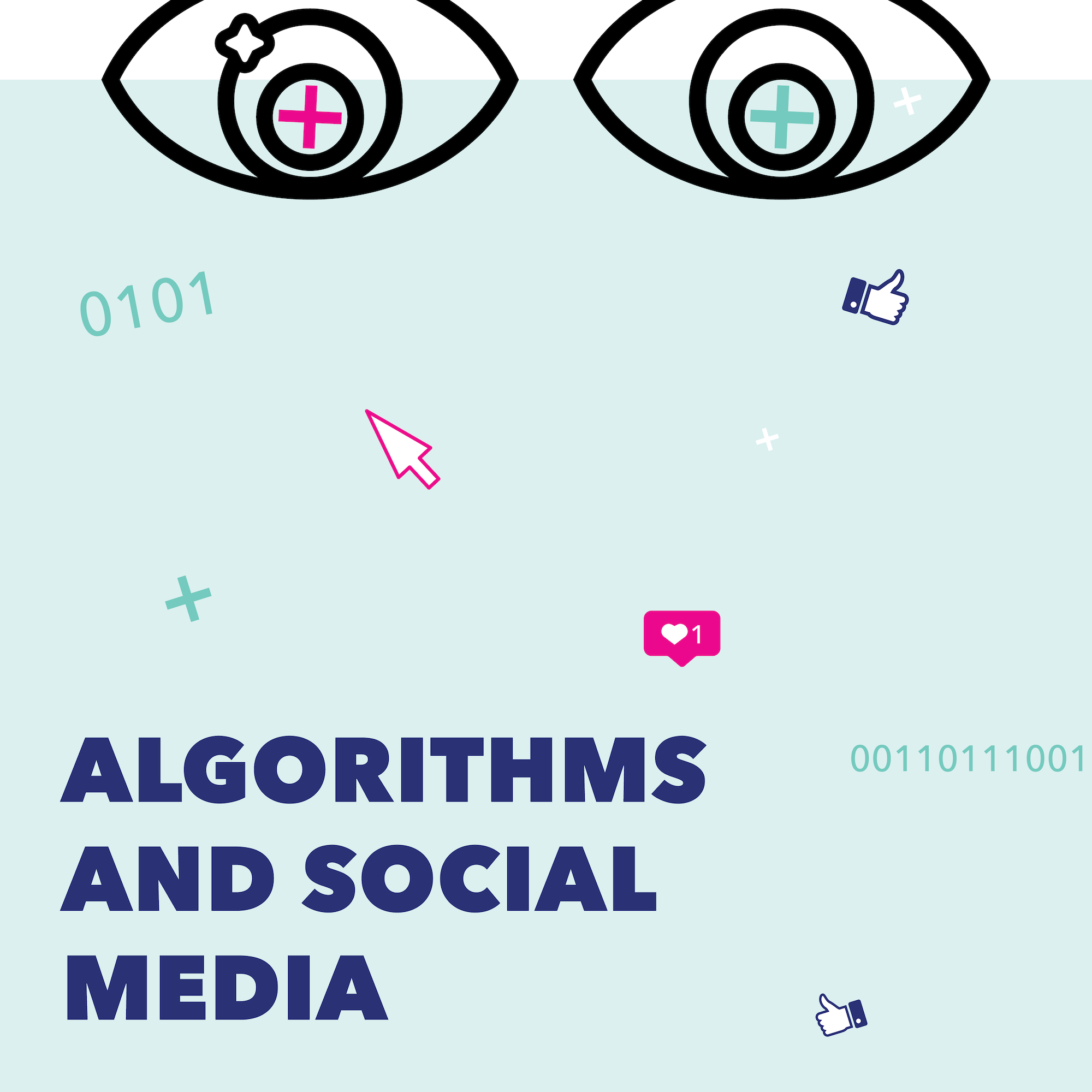The Rise of the Rapidly Developing Algorithms: Where does social media go from here?
Netflix’s latest docudrama, The Social Dilemma, has been making waves with viewers, tech experts, and social media companies alike. The film explores how platforms, like Facebook, Twitter, and Instagram, transformed from networks to connect with friends and share user-generated content into the focus of boycotts and US Senate hearings.
In the film, ex-tech executives explain how social networks, and other tech companies, were born with high hopes of creating connections between people around the world and unlocking information for everyone. However, they argue, these companies have created complex algorithms that continually perfect ways to influence the human brain and literally change how people think, feel, and what they believe. The underlying purpose, they say, is to capture attention, which is then hijacked and translated into profits generated by the platforms’ ad-based revenue model. US social network ad revenues reached a staggering USD 36.14 billion in 2019 with an expected increase to USD 43 billion for 2020. Twitter alone reaches 152 million “monetizable users” every day.
The Moment of Reckoning Has Arrived
The COVID-19 pandemic has only accelerated the drive to make all things digital. When almost all human interaction shifted from in-person to online, it brought the role of social networks in people’s lives into sharp focus – and under scrutiny. Now, it appears there’s a choice to be made: will the status quo continue, or will there be a change to a model that balances profit generation with user and community welfare?
The burden shouldn’t fall completely on the user to create a healthier social media experience, but it is not a straightforward proposition for social networks, either. They have managed to almost completely usurp the role of traditional media, become one of the major advertising channels in the world, and are now the flashpoint for a volatile debate about free speech. They also have shareholders to keep happy with ever growing market caps and regular dividends. Facebook is currently valued at USD 706.13 billion - that’s more than the GDP of Switzerland for 2019!
Leaving the Tech Label Behind
As they grew, social networks were very careful to say they were tech companies and not media outfits. Why does that matter? Because Section 230 of the US’s Telecommunications Act of 1996 protects providers of an “interactive computer service” from liability related to third-party content. As tech companies, they aren’t liable for the content posted on their sites, whereas media companies do not enjoy such protection.
Yet, social networks have acted like traditional media companies, serving as a publishing platform for third parties but refusing to enact editorial functions. What’s more, the platforms’ algorithms guide users toward specific content, delivering an audience to content that has not been reviewed, fact-checked, or verified.
Instead, perhaps the time has come to treat social media companies as the new, unique entities that they actually are – a combination of media company, community platform and, tech innovator.
Technology as a Force of Good
Right now, we have the chance to embrace the role social networks play in our lives and focus on the good they can do on a global scale. For example, Facebook’s Safety Check lets users “check in” after a natural or man-made disaster, letting family and friends know they’re ok and helping authorities refine their search for survivors in real time. Instagram gives social movements a platform to increase visibility for important causes, like Blackout Tuesday to support Black Lives Matter.
Social media can even give people new ways to reach younger generations. In fact, coupled with Netflix’s release of the documentary, “David Attenborough: A Life on Our Planet,” Sir David Attenborough joined Instagram at the age of 94 and gained 6 million followers in one week. Social media, in this case acted as a platform to boost Attenborough’s core messages of concern about the destruction of nature and impending fear of a climate change emergency. On reflection, Attenborough said that the record breaking accumulation of instagram followers gave him “great hope”.
Ultimately, social media companies are both new and unique – keep in mind that Google is only 20 years old! The entire sector is possibly one of the most dynamic in the world and one of the most influential. The time has come, triggered by the COVID-19 awakening, to work through the growing pains in order to elevate this debate and unlock social media’s true potential as a conduit to build connections between people and businesses alike.
Wirelessly yours,
Ziad










